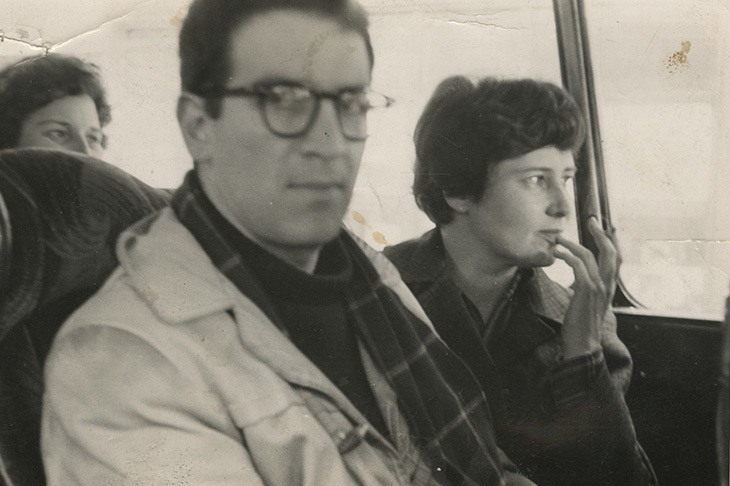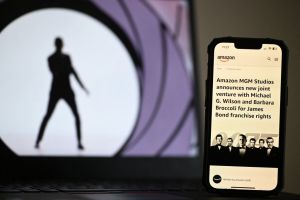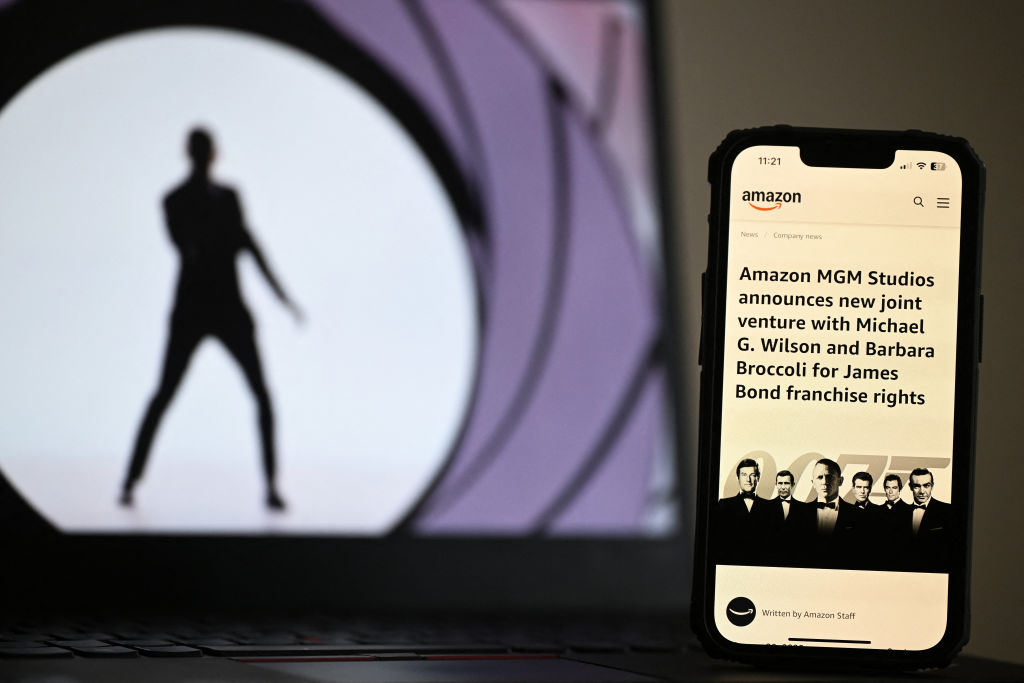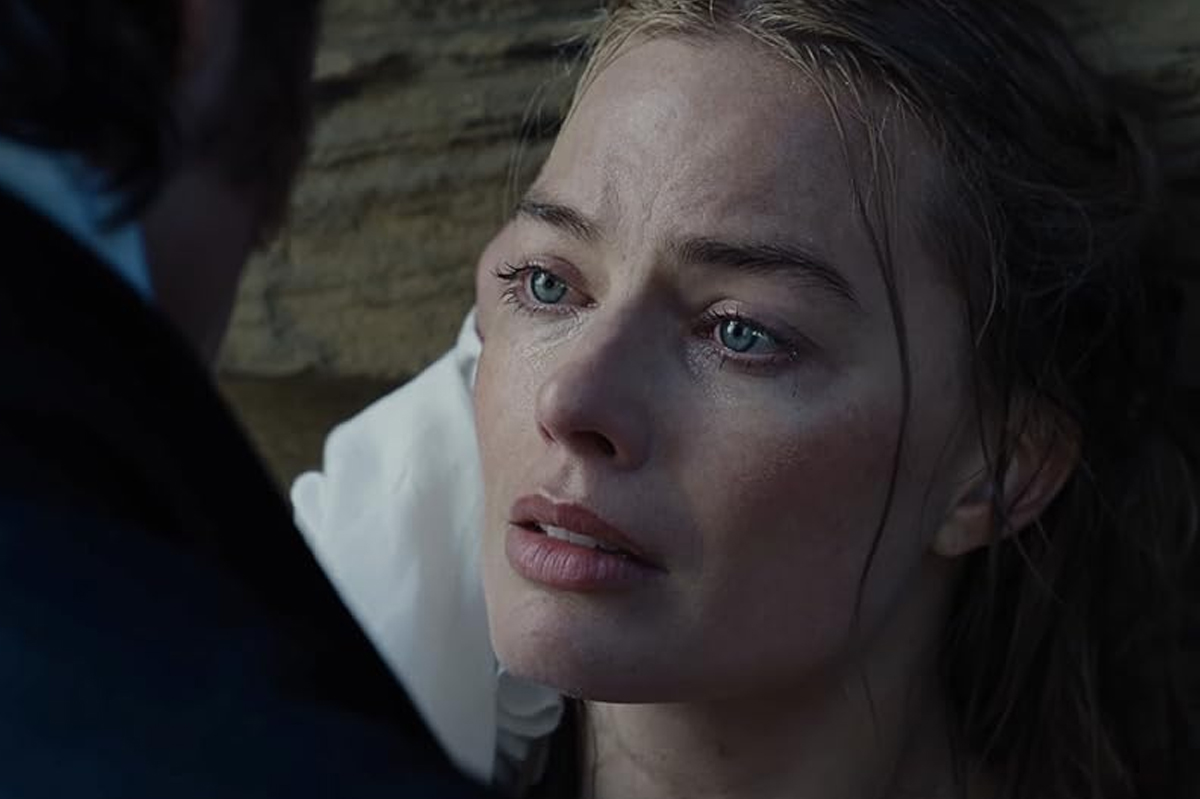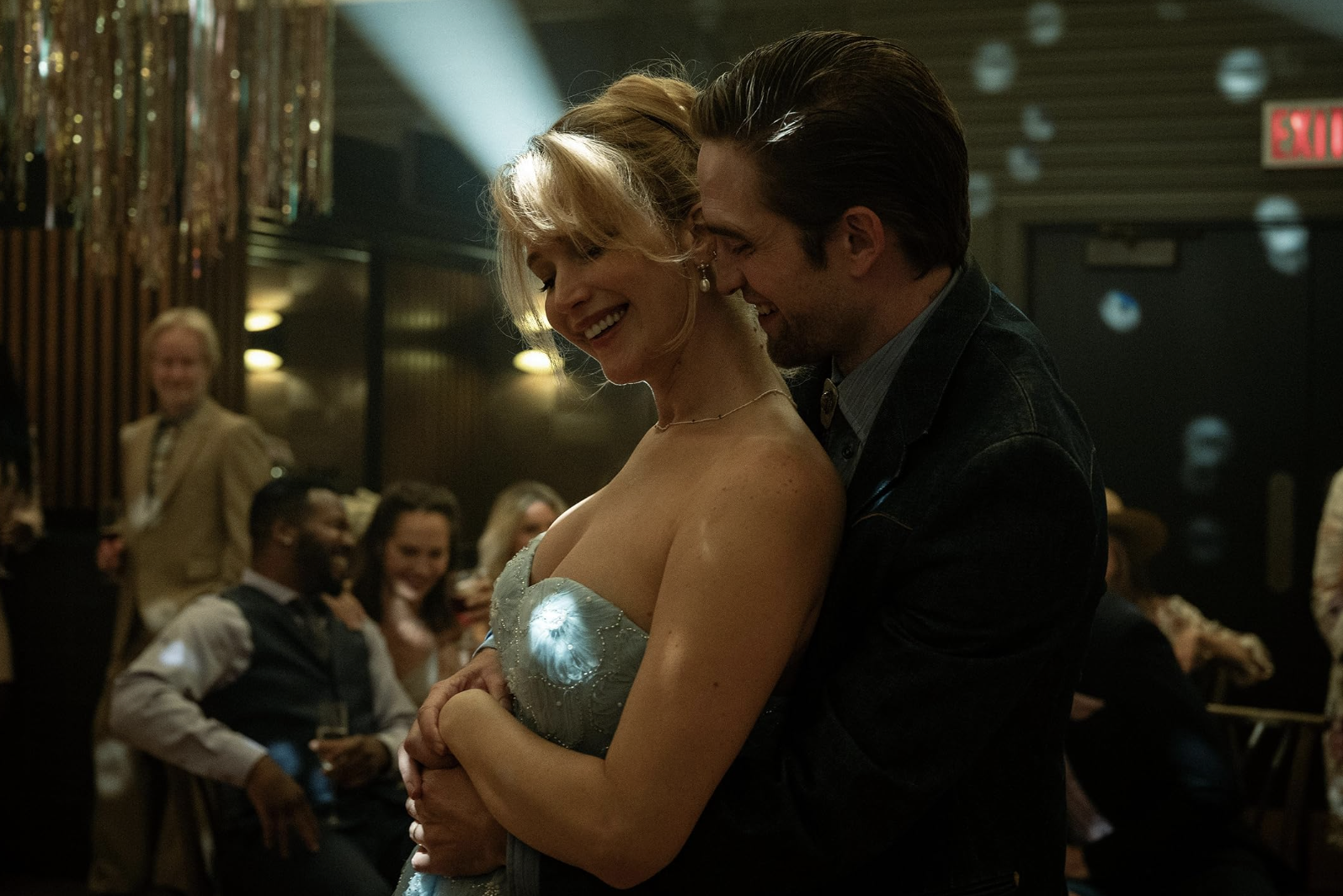Lucky bastard. Such are the words that come constantly to mind while you’re reading Clancy Sigal’s two volumes of posthumously published autobiography. Blacklisted as a (self-confessedly lousy) actor for refusing to name names in the McCarthy era, working as the agent for the likes of Peter Lorre, Rod Steiger and — sigh — Barbara Stanwyck in 1950s Hollywood and freelancing on Fleet Street in countercultural London (including reviewing films for The Spectator), Sigal was at the centre of every piece of action going. Should Black Sunset and The London Lover ever be gathered into a single volume (perhaps taking Sigal’s earlier memoir, Going Away, along for the ride), ‘Been there, done that’ would make a good catch-all title.
Sigal had already lived more than most of us by the time he fetched up in Hollywood. Born in Chicago — or Brooklyn, family accounts differed — in 1926 to two unmarried trades union agitators, Sigal was only a teenager when he joined the Communist Party. (His mother, a socialist Russian Jew, was disgusted.)
Conscripted and sent to occupied Germany, he goes AWOL in order to attend the Nuremberg trials and blow away Hermann Goering. Alas, he’s stopped outside the court by an MP who spots the automatic stuffed down his pants. Once inside, he gets into a two-day staring contest with Goering, who ‘grins at the judges as if daring them to believe his absurd claim of innocence’. Then, out of the blue, ‘He winks at me’. If only, Sigal thinks, he had ‘brought the smaller .38 instead. He’d be dead meat now.’
Automatics, .38s, dead meat. Even if Sigal didn’t admit it, you’d have him fingered as a Bogie fan. But he does admit it — admits it, in fact, to Bogart himself. That’s after he’s back in the States and has wise-guyed his way into a gig at the Jaffe agency. Bogart is one of its biggest clients. On Sigal’s first day in the office Bogart stops by. ‘Say something to impress the kid,’ says Bogie’s agent. ‘Bogart scowls, grunts, and delivers on cue, “Get away from that phone, Major Strasser”.’ At which point Sigal, who has an eidetic memory for movie dialogue, puts him right on the closing scene of Casablanca. ‘Excuse me, sir, but isn’t it, “Put that phone down!” and no Major Strasser?’ Indeed it is, which doesn’t mean Bogie was wrong when he called Sigal a ‘pedantic little shit’.
Certainly he wasn’t much of an agent. Hired because he was young and therefore presumed to know what the adolescent audience the movie studios were chasing would want, he turned out to be clueless about the teen scene. He counselled Nicholas Ray, who was putting together Rebel Without a Cause, to steer clear of a ‘monosyllabic, possibly retarded… cave boy… [who] needs a bath’ by the name of James Dean. And he poured scorn on a ‘grease ball who masturbates his guitar and sneers the blues through his nose… and can’t carry a tune’ called Elvis Presley. Little wonder Black Sunset ends with our hard-up hero fleeing to London where the recently revalued pound is ‘worth nothing’.
There are other pleasures to be had here too, of course — among them the Campaign for Nuclear Disarmament, whose ‘liberal arrogance’ Sigal finds ‘immensely appealing’. Almost as appealing as the peacenik girls he pals up with at rallies. Carolling ‘Jerusalem’ in the Methodist Central Hall, Sigal vows with Blake: ‘Nor shall my sword sleep in my hand.’
And nor did it. The young Sigal had women the way most of us had hangovers. When his sword did sleep — which wasn’t often — it slept in someone else’s hand. Indeed, on his very first day in London, Sigal boarded an 88 bus and rode it all day in order to keep warm. When night drew in, the conductor, the delightful sounding Jean, says it’s the end of her shift so why doesn’t he come back to her place and ride her instead. All this by page 7 of The London Lover. By page 15 he’s bagged himself another girl. By page 20 he’s bagged a Home Counties posho with her own glider. But moneyed or not, they all give off a ‘tangy, provocative sweat-scent’ that’s both alien and alluring to a clean California kid.
Most alluring of all is the Earl’s Court landlady whose ‘high cheekbones, astigmatic green eyes and Pendleton blouse’ Sigal has sized up within seconds of her opening her front door. ‘I have never in my life been subjected to as brutal a sexual inspection,’ Doris Lessing — the landlady — would recall in fictionalised form in the pages of The Golden Notebook. But brutal or not, it didn’t stop her inviting Sigal straight to bed. She despises him for taking against the heroine of her favourite novel, Anna Karenina, but otherwise they function for a few years like a normal couple — she getting jealous whenever he’s out late, he insisting that she is his and his alone, and jolly well leave off Ralph Miliband!
So conventional is their affair, in fact, that Sigal’s account of it is the only time either The London Lover or Black Sunset goes off the boil. Otherwise, his scapegrace adventures are described with so much vitality and scabrous wit you feel as charmed as one of his serial conquests. Sigal calls his time in London a ‘weekend that lasted 30 years’. Would that it took as long to read these marvellous books.



